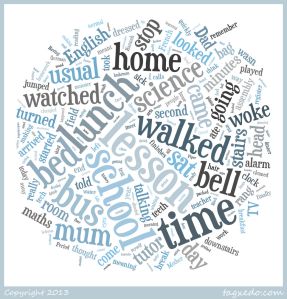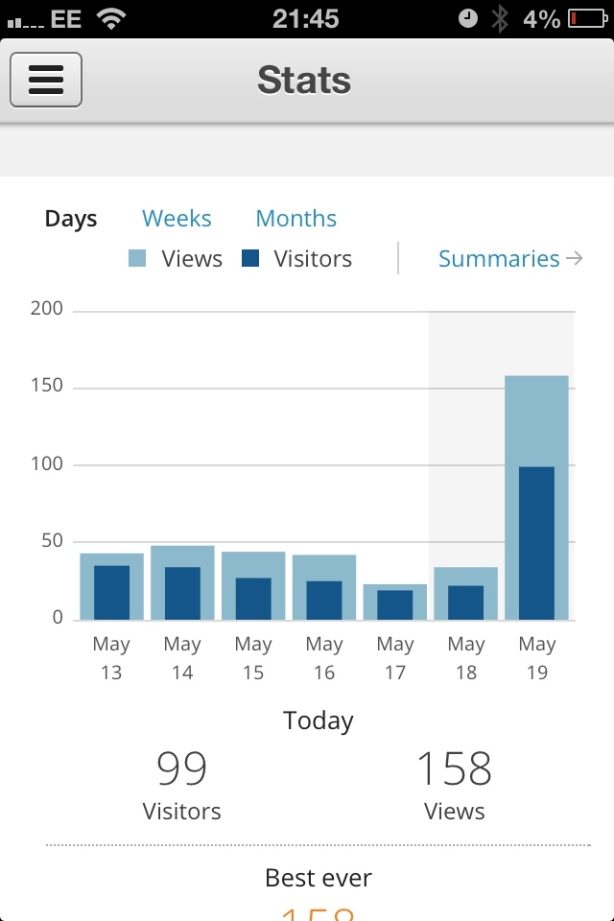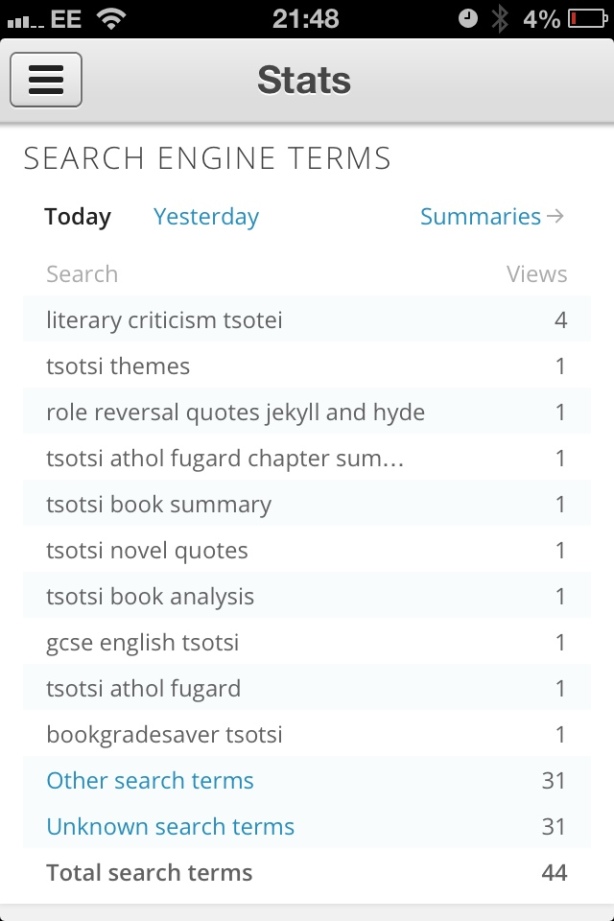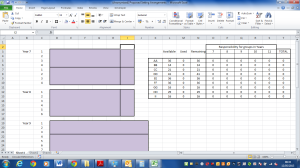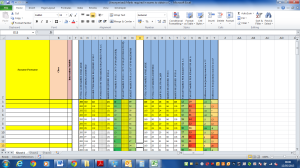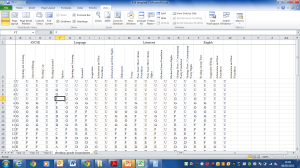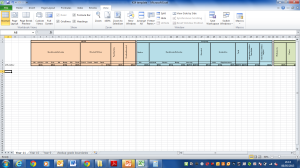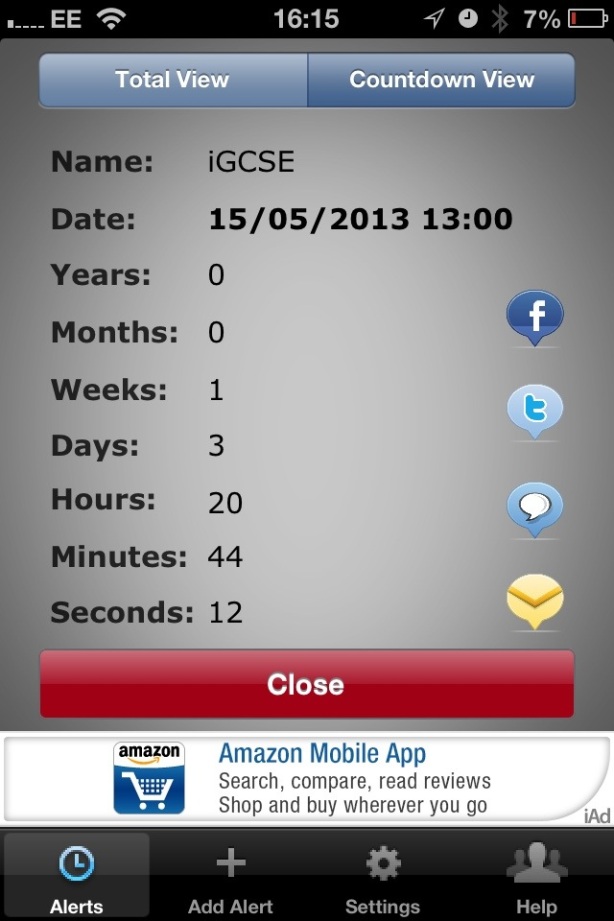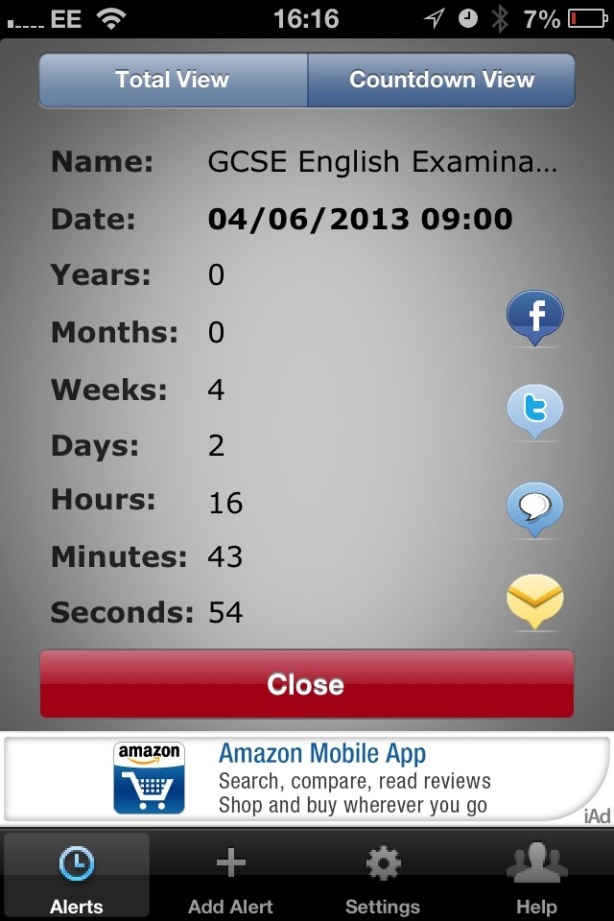Yesterday was the PiXL Main Conference.
PiXL – for those who don’t know which included me until recently – stands for Performance in Excellence and is variable described as a club or a family by those who are fully engaged! Broadly, in its own words
The PiXL Club is a collaboration of school leaders, headed by Sir John Rowling, this is a club that some have said to be “the best thing they have seen in education”.
The PiXL Club is about sharing new ideas with school leaders; it is a partnership of focused, determined and dedicated professional practitioners. It is a not for profit organisation that focuses on supporting and developing the GCSE results of thousands of students in many schools across London, the South East, West and the North.
Their own website is here and no doubt describes them better than me.
Up until yesterday, my only real knowledge of PiXL was that the plan to dual enter Year 11 into UK GCSE and iGCSE had derived from them. A plan that I actually disagreed with vigorously for the majority of my students: the iGCSE is only valid with a Literature grade, and, for historic reasons, we have a large cohort of C/D students not taking Literature.
So I was a bit of a cynic.
For a national club starting a conference in London at 0930 “prompt” also militated against them: I had to get up at 5am to get there! And still couldn’t physically be on time.
The conference location was spectacular: disembarking at Waterloo, I ambled past The London Eye, wove between tourists over Westminster Bridge, jogged past the Houses of Parliament and veered right by Westminster Abbey to reach Westminster Hall. The sun was shining, birds tweeting, Big Ben chiming, traffic grumbling (mainly at me as I’d abandoned the pavements to tourists and was scuttling along in the road itself).
.

Being a tad late, the conference had begun and I was bereft of the customary small talk with strangers (not a huge loss) and coffee (a keenly felt loss!). And the hall atmosphere was… Odd. The closest analogy was to a Billy Graham rally I went to as an impressionable youngster… a rapt audience applauding loudly, a passionate speaker with a clear zeal, a very definite message about the right way to do things.
Inspirational for many I’m sure; over-zealous, pushing towards evangelical for me.
And being a mite perverse, I balked a little. The temptation was to sit there, arms folded, cynical sneer on the face…
However, there was a good deal of sense being delivered – yes, delivered, not discussed – there was no time for discussion points or questions: it was very preachy.
But some excellent practical advice in there: it’s still not too late to do additional Speaking and Listening; manage the exam day sensitively and carefully; provide spare equipment, water and cereal bars rather than relying on teenagers to bring their own; continue to focus on intervention.
There really was a strong ‘can do‘ attitude.
Although the ‘you can do staying at school until 8 in the evening‘ attitude did not chime well with me!
Lots of acronyms were thrown around DTT and D3 and L5 which I think I got a handle on eventually – good example for the effect of jargon in a future language lesson? – and there really was a sense of a homogenised and perhaps formulaic PiXL way of doing things. And an implicit suggestion that you were missing something if you did it differently. There are only so many times you can listen to “why reinvent the wheel” before you start hearing “thou shalt”.
However, overall, despite some concerns over philosophy and language, there was much said that was sound and despite my natural cynicism and the 5 am start it was somewhat energising.
I’m now also able to access the cloud-based resource sharing on a platform named Huddle too – again somewhat put off by the name that brings to mind repressed memories of rugby games and sweaty male bodies…
I do have one gripe though. And I know it will come across as extraordinarily petty and small minded…. but then I never pretended to be otherwise. Food. Beef cobbler. Hot food. On a plate. With nowhere to sit, perch or lean on. I ended up with a plate in one hand and a glass in the other – because I didn’t trust the flimsy wobbly glass holder clipped to the side of the plate! – and nowhere to eat it! And the beef was really gristly!
